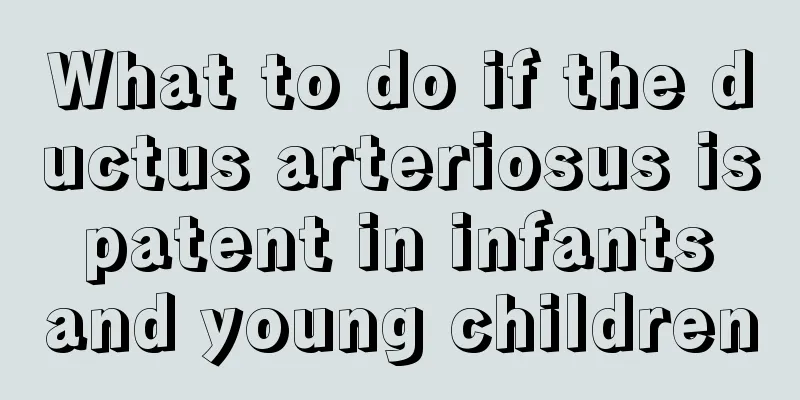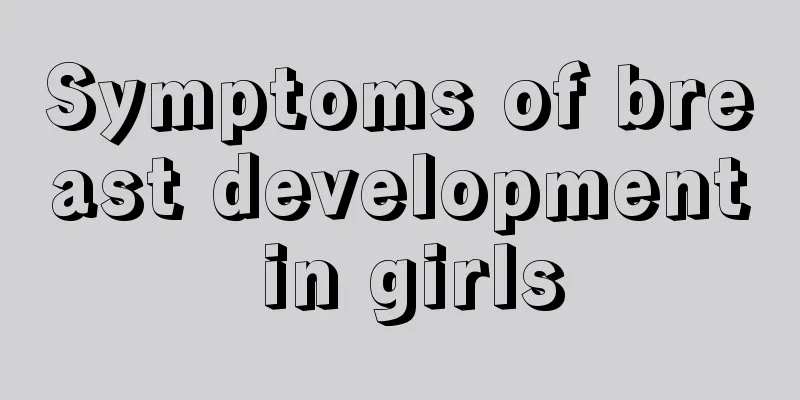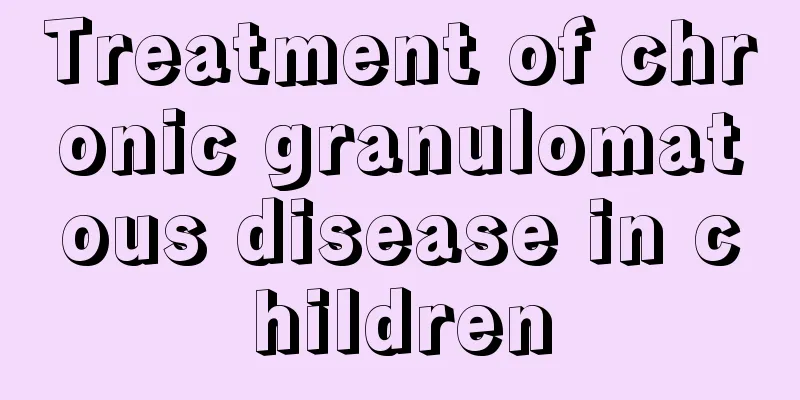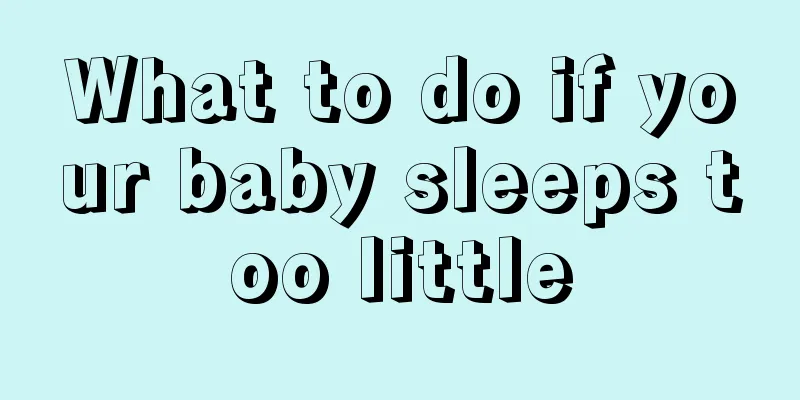How to treat rhinitis in eight-month-old baby

|
When a baby comes into this world, he or she will inevitably face the threat of various diseases. Rhinitis is a disease that is not easy to cure, especially for an eight-month-old baby, it is even more troublesome. When babies suffer from rhinitis, they often experience symptoms such as nasal congestion, runny nose, headache, and even fever. Baby rhinitis needs timely treatment. What should I do if my eight-month-old baby has rhinitis?
Once an eight-month-old baby suffers from rhinitis, the discomfort and subsequent harm caused to the human body are more serious than those caused by rhinitis in adults. The treatment focus of pediatric rhinitis varies depending on the degree of development of the rhinitis. Generally, in acute rhinitis, the treatment is mainly aimed at the various symptoms caused by rhinitis, such as nasal congestion, runny nose, etc., to relieve the patient's external symptoms of rhinitis. The treatment method mainly uses oral medications and daily living and dietary adjustments. When rhinitis turns into chronic rhinitis, the main treatment method is to treat the cause of the disease, generally including sprays, drops, nasal irrigation and oral medication. No matter which treatment method is used, the baby's body acceptance must be taken into consideration to avoid other harm to the baby's body caused by the medicine. When choosing baby medicines, you should choose products that are suitable for babies, and adopt active home care and dietary adjustments, which will be beneficial to the baby's recovery.
1. Contact with allergens in life: The cause of seasonal attacks of allergic rhinitis is also the stimulation of allergens in the environment. Pollen, indoor dust, fungi, animal dander and feathers, house dust mites, etc. are allergens of allergic rhinitis; as well as foods such as milk, fish, shrimp, beef, and mutton, which can easily induce allergic rhinitis. 2. Suffering from asthma: Children with a family history of asthma or allergic rhinitis have a 2-6 times higher risk of developing allergic rhinitis and a 3-4 times higher risk of developing asthma than the general population. Most children develop rhinitis first and then asthma; a small number of children have asthma first and then rhinitis; or both occur at the same time. It can be seen that there is a significant correlation between allergic rhinitis and asthma. 3. Family inheritance: Babies with a family history of allergic diseases have a much higher incidence rate than normal babies and are prone to allergic rhinitis. This kind of inheritance is not hereditary allergic rhinitis, but hereditary allergic constitution.
During the examination, the first thing to do is to find out what the baby is allergic to, which is medically called allergens. If you can avoid contact with allergens, you will naturally not get sick, such as fish, shrimp, eggs in food; but it is difficult to avoid allergens in the air, so desensitization therapy can be used. Of course there are many types of drug treatments. There are many methods for treating allergic rhinitis. There are two types of desensitization therapies for treating allergic rhinitis, one is specific desensitization; the other is nonspecific desensitization therapy. |
<<: What to eat for eight-month-old baby constipation
>>: Early education for two years and eight months old baby
Recommend
How high is jaundice at 10?
Neonatal jaundice is a very common disease, which...
What is the cause of the sunken fontanelle in babies?
Some babies have a sunken fontanelle, but parents...
Is 37.1 degrees normal for a newborn?
We all know that the temperature is different whe...
What are the characteristics of children in kindergarten?
Generally speaking, children will go to kindergar...
What's going on when my child has little red spots on his hands?
Children play outside every day and the skin on t...
What should I do if my newborn baby is not full of breast milk?
Many breastfeeding mothers find that their breast...
What causes a slow heartbeat in a child?
Every parent is very worried about the baby's...
Why does the child's palms become hot?
What should we do if the baby's palms feel ho...
What should we do if children suffer from heatstroke?
In the hot summer, the temperature is relatively ...
What are the symptoms of children with congenital heart disease?
Congenital heart disease will affect and threaten...
What should I do if my baby suddenly has a runny nose?
Many mothers with babies are most afraid that the...
Baby Diapers
After giving birth, a mother's biggest worry ...
What to do if your child has allergies
Children are mainly prone to inheriting allergies...
Newborn baby's stool is green and has milk curds
The normal color of a newborn's stool is gold...
Can I swim after getting the vaccination?
Every baby will get vaccinations after birth to p...









